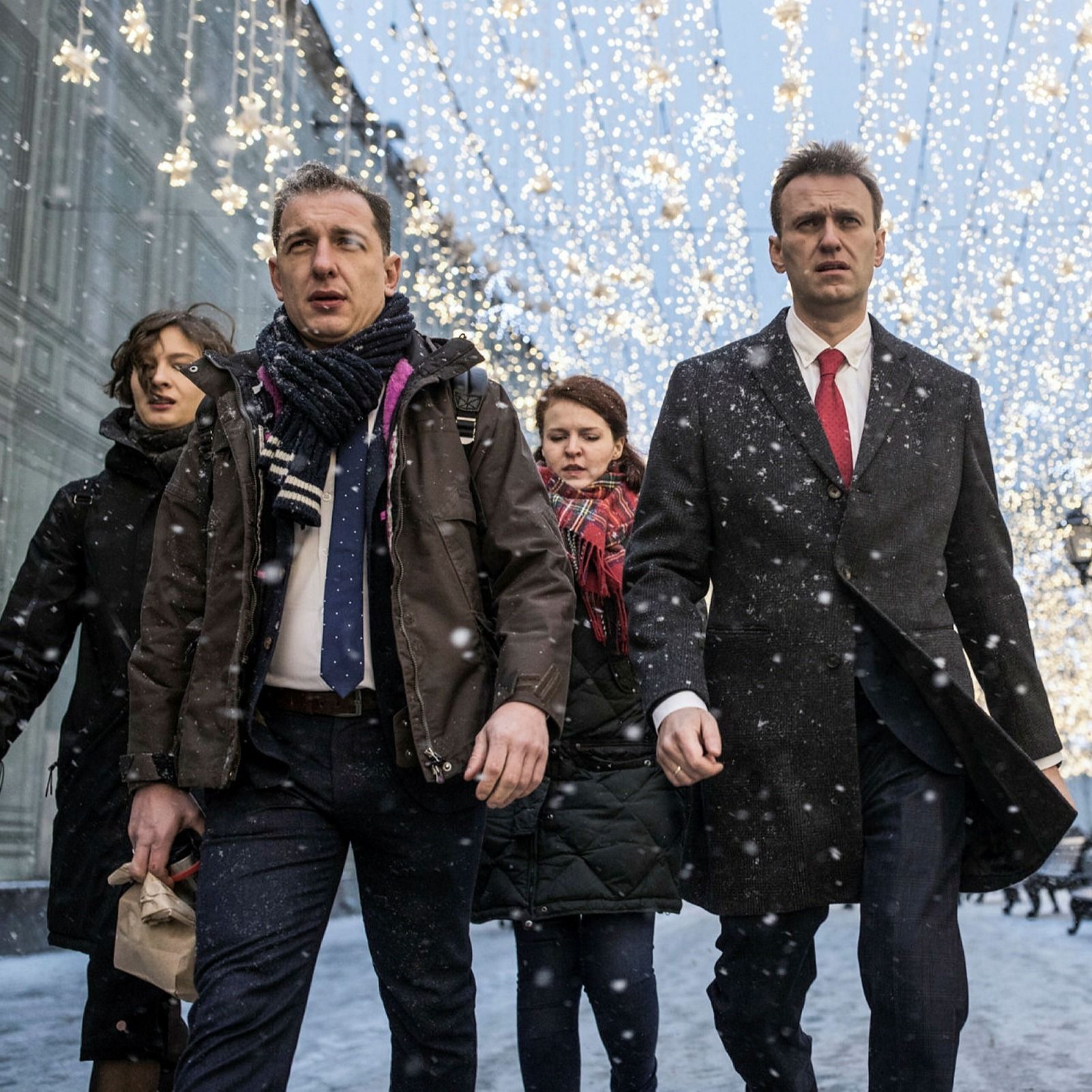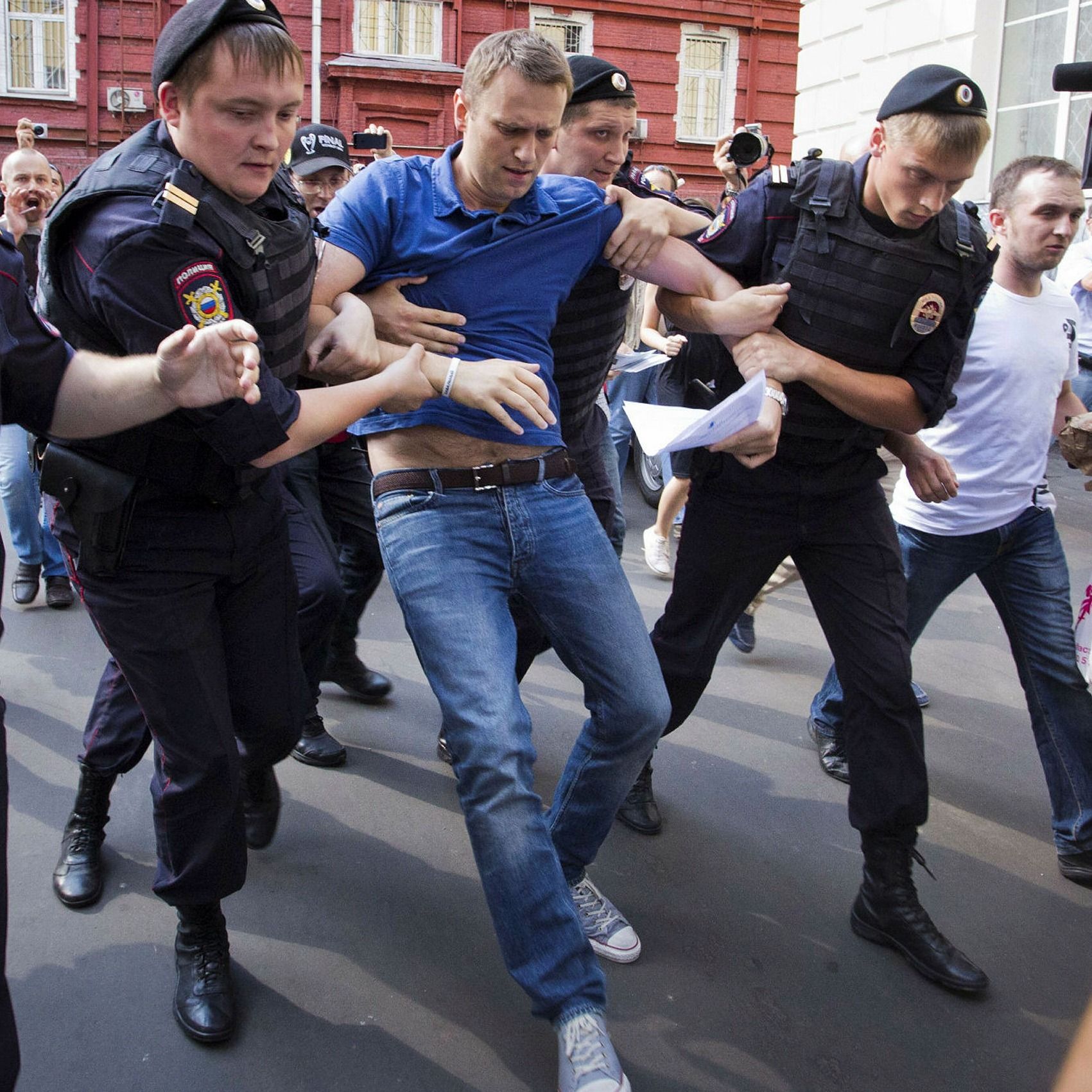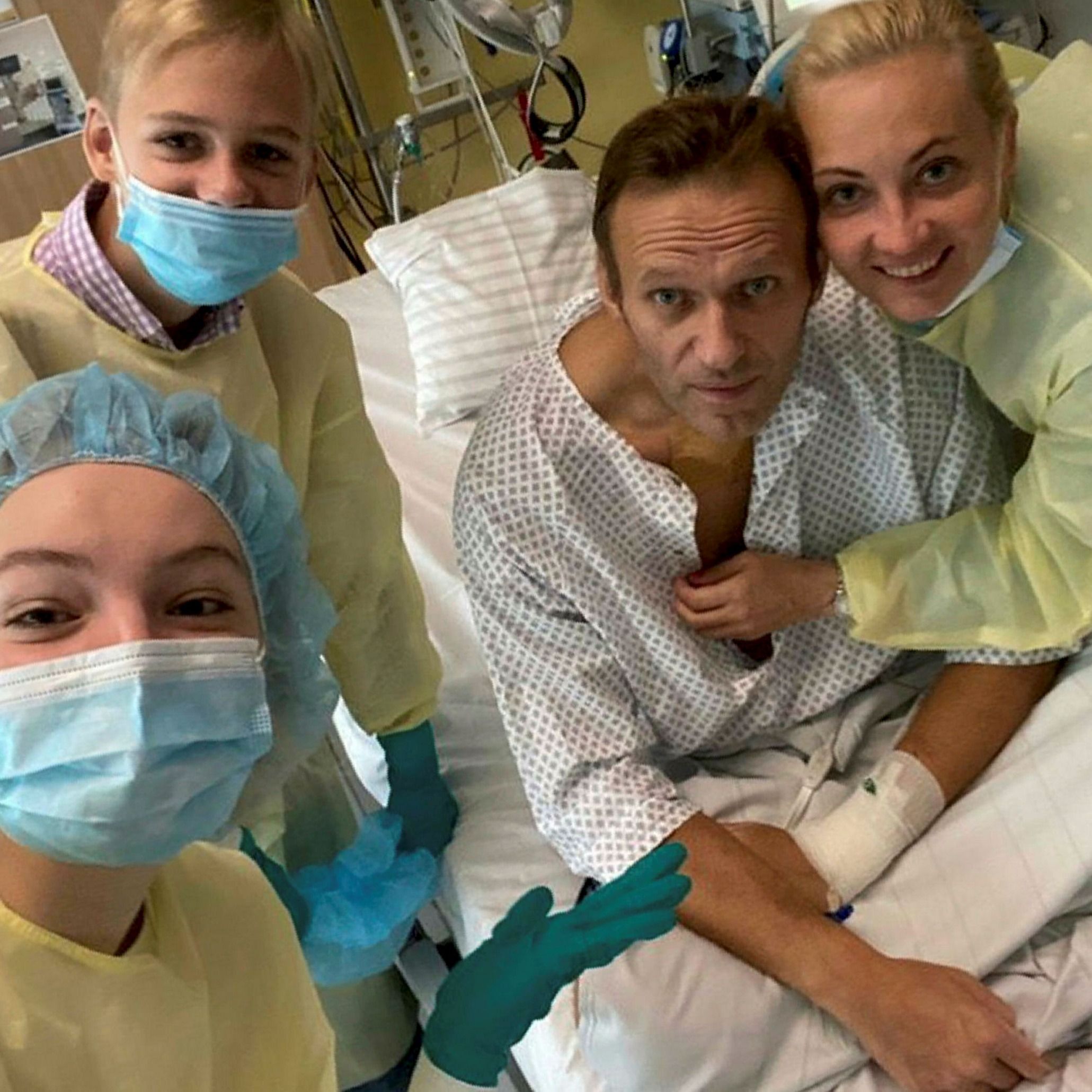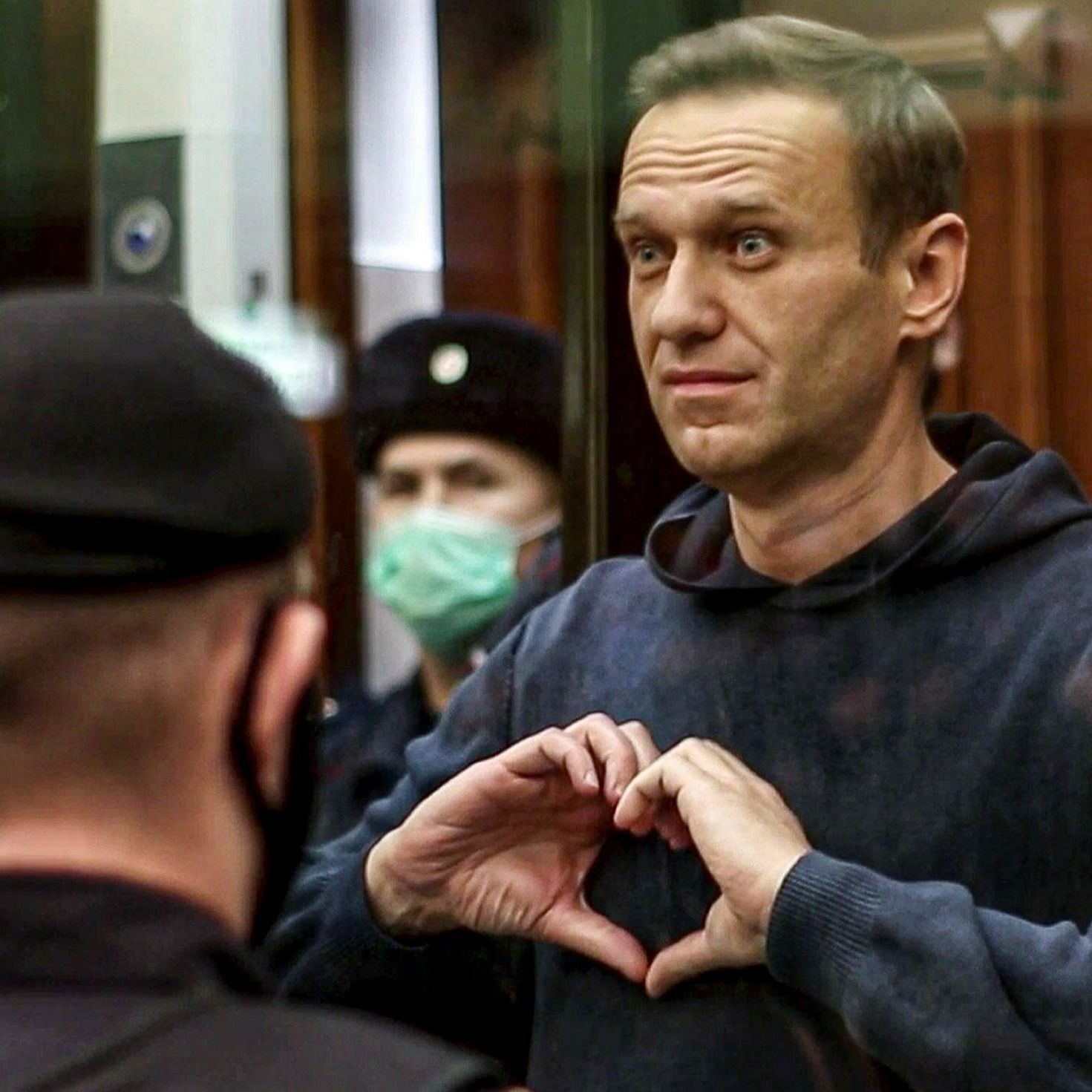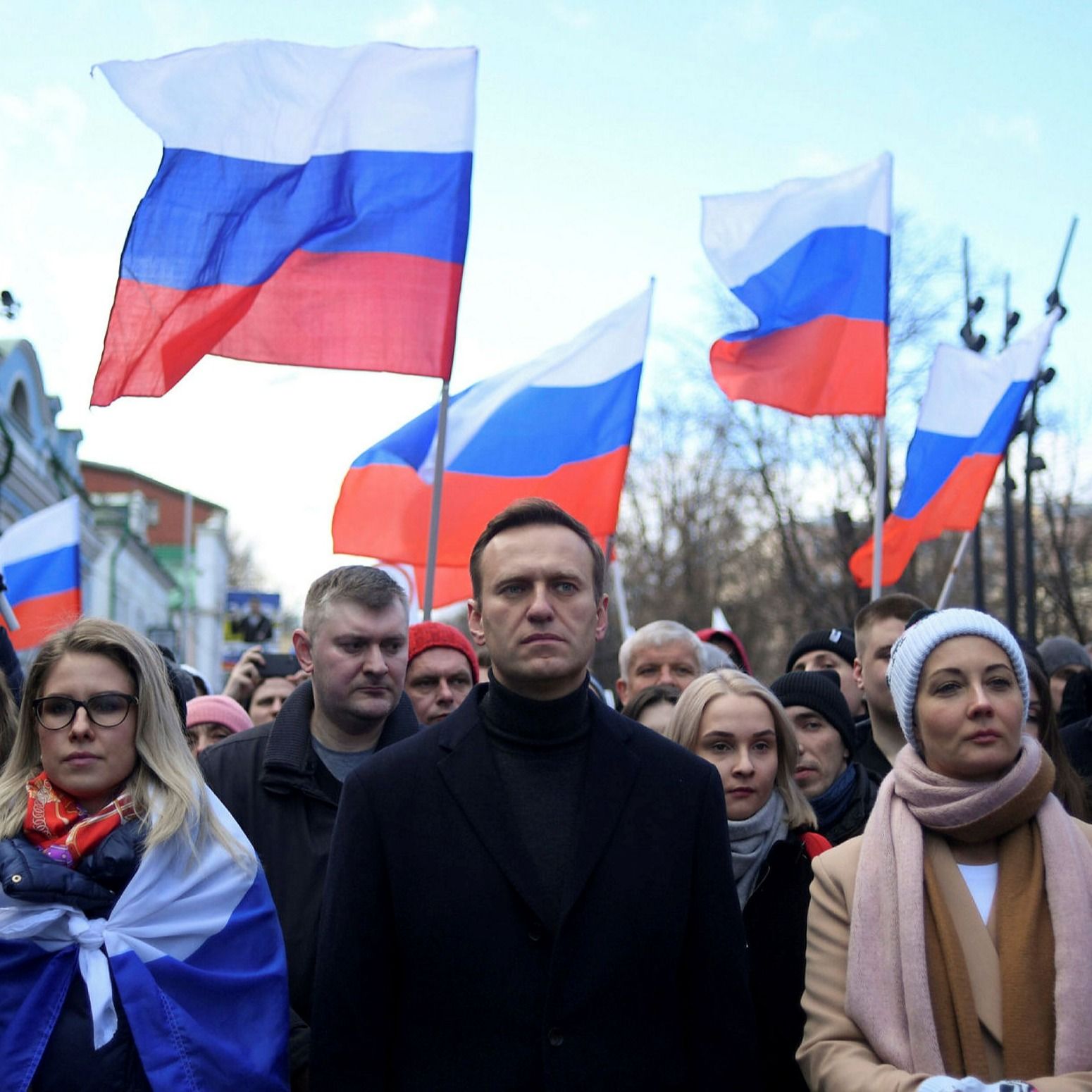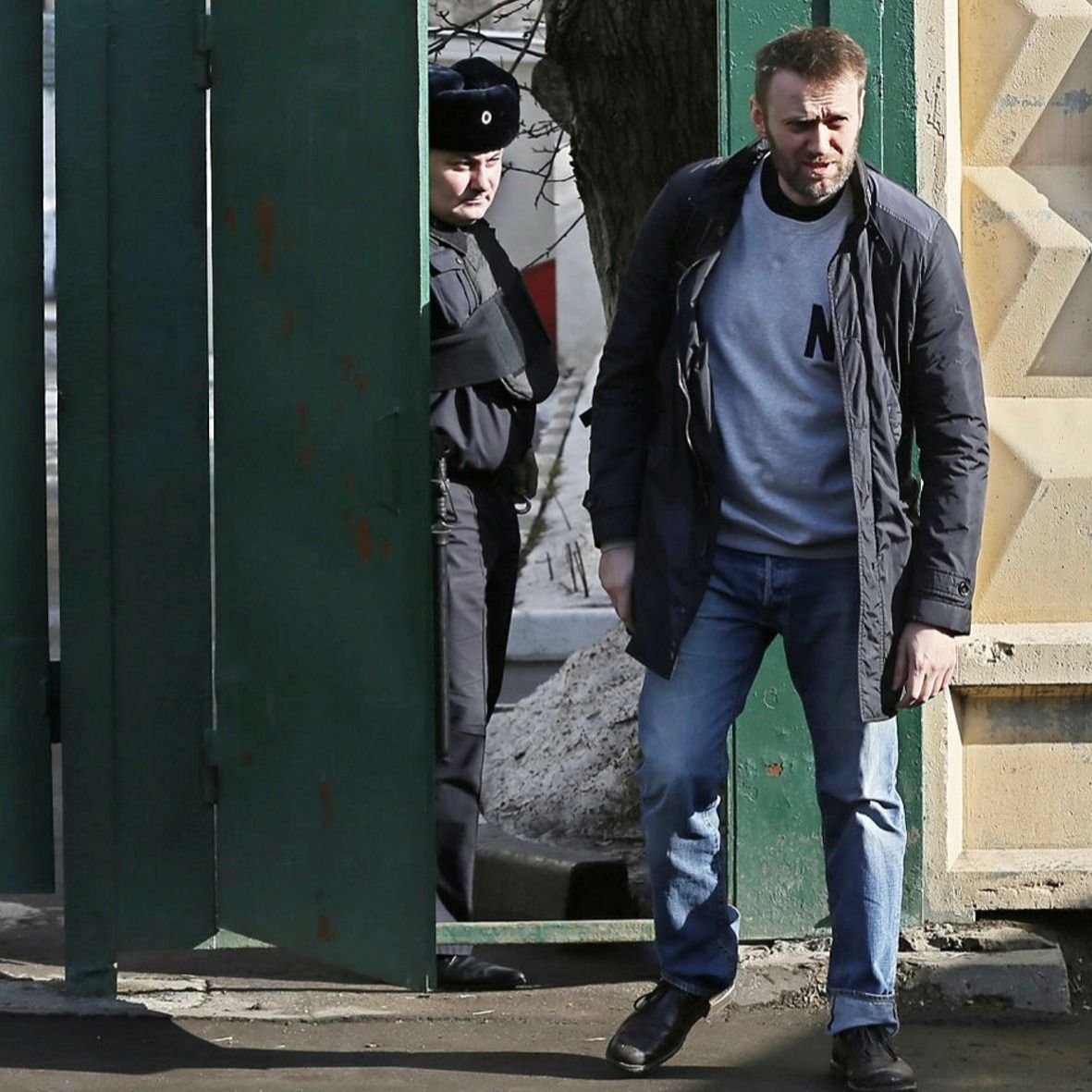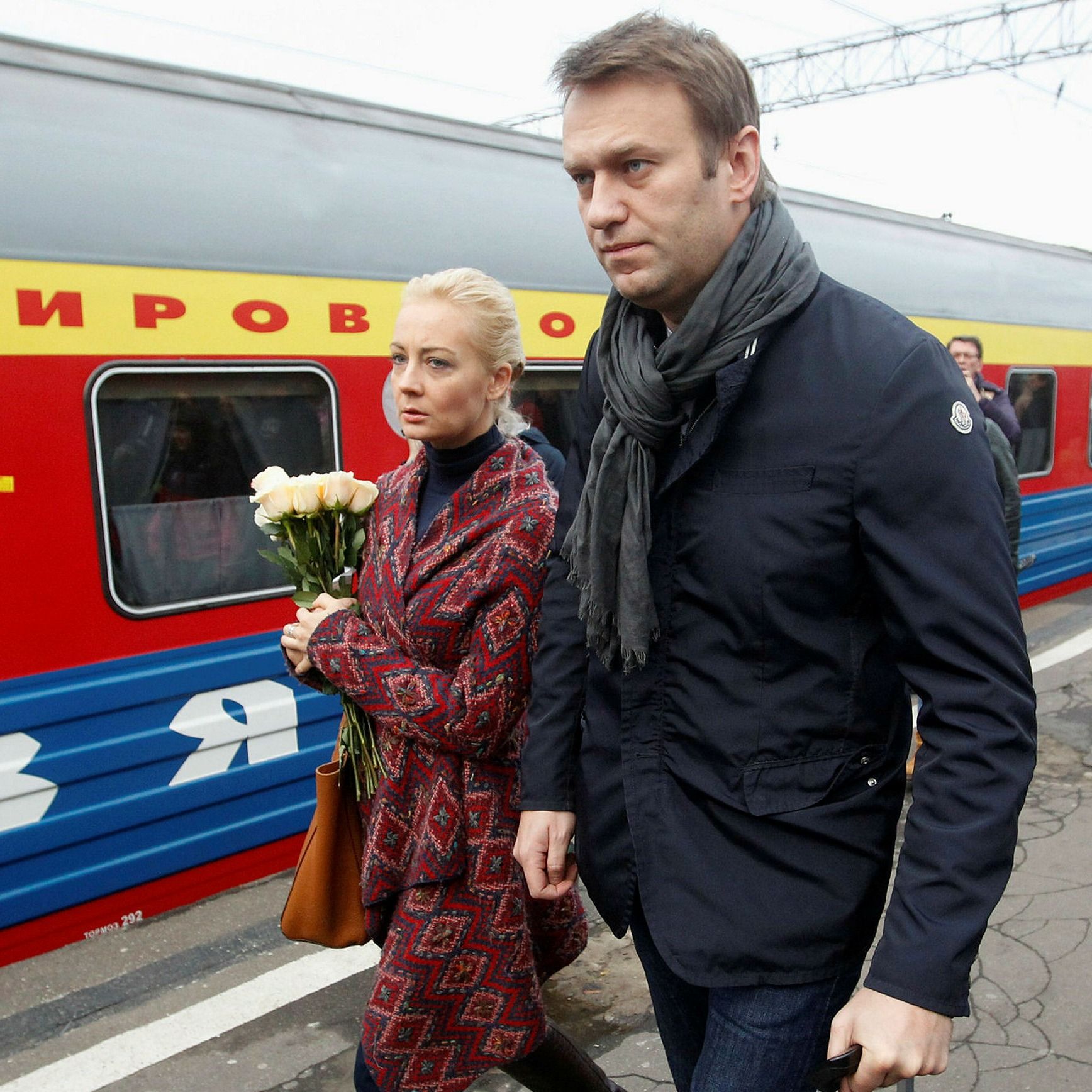Alexei Navalny, the Russian opposition activist who has been the most prominent critic of President Vladimir Putin’s regime for much of the past decade, has died in a remote Arctic penal colony aged 47, according to prison authorities.
A firebrand campaigner for what he called the “beautiful Russia of the future”, Navalny’s detailed investigations exposing state corruption alarmed the Kremlin as much as his ability to inspire hundreds of thousands of people to protest against it.
His activism made him the leader of Russia’s true grassroots opposition to Putin’s more than two-decade-long rule, earning him ceaseless intimidation, threats and attacks from the regime and its supporters in retaliation, as well as more than a dozen jail sentences.
Behind bars since 2021 with little to no prospect of release, he remained one of the fiercest critics of Putin’s regime and repeatedly condemned Russia’s invasion of Ukraine even amid prison conditions that he said amounted to torture.
Navalny was poisoned in August 2020 with the Soviet-developed nerve agent novichok while campaigning in Siberia, in what he and western governments said was an assassination attempt ordered by the Kremlin. Treated in Germany, he later exposed a security services officer involved in the poisoning campaign when he published a recorded phone call in which the man unwittingly revealed the entire operation.
He was jailed on his return to Russia five months later and ultimately sentenced to more than 20 years in prison, where he was kept at three of Russia’s most notoriously harsh prison colonies and died less than two months after being moved to a remote prison colony in the Arctic Circle.
A tireless activist whose acerbic wit and powerful speeches resonated strongly among a new generation of Russians who had only ever known one leader, Navalny became a lightning rod for public dissatisfaction with the Kremlin, official corruption and Putin himself.
During the 2011 and 2012 anti-government protests — the biggest uprising during Putin’s rule — Navalny became the most nationally recognised opposition figure. Navalny’s poisoning and draconian prison sentence ushered in a new and darker era of Putin’s reign, marking the delineation from strongman rule to autocracy, with an intolerance for dissent that has only increased with the war in Ukraine.
Young and tech-savvy, Navalny shrewdly understood the vast potential of online media and social networks to bypass the Kremlin’s iron grip on television, radio and newspapers, and to drum up both funding and support for election campaigns and protest rallies.
His hugely popular YouTube broadcasts of corruption investigations and evidence of official graft exposed what he said was the rotten core behind the facade of a social contract that exchanged democratic freedoms for a paternalistic strong state.
Navalny, right, heads to attend a meeting of Russia’s Central Election commission in Moscow in December 2017
Evgeny Feldman/APPolice officers detain Navalny in Moscow in July 2013
Evgeny Feldman/APOne of his most noteworthy investigations, published in January 2021 when he was already in prison, alleged that a coterie of oligarchs had funded a $1.3bn palace for Putin on the country’s southern coast. It was watched 100mn times within 10 days of being published. The Kremlin denied the claims.
The broadcasts were among many ways in which Navalny influenced the anti-Putin opposition and remained a thorn in the Kremlin’s side, even from behind bars.
In his last message from jail, posted on social media by his team just two days ago, Navalny wrote a single scathing line about the conditions in his prison colony.
The Arctic prison was “beating the record” of his previous jail, to “please their masters in Moscow”, he said. Prison authorities had just given him 14 days in solitary confinement. “That’s the fourth in less than two months that I’ve been there. They’re tough,” he said. Two days later he was dead.
Alexei Anatolievich Navalny was born in 1976 in a small village close to Moscow, into a family of Ukrainian and Russian descent. He grew up in small military towns around the capital before gaining a law degree at university, and then studied securities trading.
A decade later he bought shares in Russia’s largest state-owned oil and gas companies in order to campaign against graft. That made him a pioneer of shareholder activism in a country where state-run enterprises have long been accused of being piggy banks for senior officials and oligarchs loyal to the Kremlin.
Navalny entered politics in 2000, rising to become a prominent activist in Yabloko, a small liberal opposition party, before later being kicked out of the party for clashing with leaders and making incendiary comments about Muslims. Outside the group, he gradually built up a larger following through corruption investigations published on his personal blog.
In 2013 Navalny was handed a jail sentence for embezzlement but the sentence was suspended, reportedly so that he could run as a credible opposition candidate in the 2013 mayoral election to give the Putin-appointed incumbent legitimacy. Navalny came in second with 27.2 per cent of the vote, a watershed moment in electoral terms that demonstrated the potential of crowdfunded opposition movements.
Navalny and his wife Yulia, right, daughter Daria and son Zakhar, top left, photographed in a hospital in Berlin, Germany. The picture was posted on Instagram in September 2020
Navalny Instagram/APNavalny shows a heart symbol while standing in the cage during a hearing at Moscow City Court in February 2021
Moscow City Court/APHis activities were such an irritation for the Kremlin that for years Putin and other senior officials refused to utter his name.
“They can’t allow any opposition in any form to exist because they just lose,” he told the FT in 2019.
Not long afterwards, his anti-corruption foundation was deemed an “extremist organisation” by a Russian court, on a legal par with al-Qaeda and Isis. Many of the foundation’s members were either jailed or fled the country.
Yet despite that, and an almost total blackout of his activities by state-backed media, his name became a byword for anti-Putin activism and mass protest, and made him perhaps the most well-known Russian politician outside the country after the president.
He travelled across the country campaigning and meeting with voters ahead of the 2018 presidential election, but was ultimately blocked from running by convictions that the European Court of Human Rights ruled were unjust. He continued to help other opposition figures win electoral success and inspired a national movement with campaign offices across the country.
“The main thing in this whole trial isn’t what happens to me. Locking me up isn’t difficult,” Navalny said in court as he was sent to jail in February 2021. “This is happening to intimidate large numbers of people. They’re imprisoning one person to frighten millions.”
That 2021 sentence of two-and-a-half years was followed by a new sentence of nine years, handed down the following year. In August 2023 he was handed an additional 19-year sentence on charges of “extremism”.
Navalny, right, attends a court hearing in Moscow in March 2017
APNavalny, his wife Yulia, opposition politician Lyubov Sobol and other demonstrators march in memory of murdered Kremlin critic Boris Nemtsov in Moscow in February 2020
Kirill Kudryavtsev/AFP/GettyIn December it emerged that Navalny had been transferred to a different penal colony in the Arctic without his lawyers’ knowledge. His whereabouts was unknown for two weeks.
During his multiyear incarceration, Navalny was routinely subjected to sleep deprivation techniques, and suffered from numerous undiagnosed illnesses. Large portions of his time in jail were spent in solitary confinement.
A film about his life, which included extraordinary footage of Navalny tricking one of his would-be assassins into confessing to the novichok poisoning, won the Oscar for best documentary in 2023.
In the film Navalny delivered a message to Russians in case of his death: “If this happened, it means that we are unusually strong at this moment, since they decided to kill me,” he said. “We need to use this strength.”
Critics have pointed to his nationalist views and statements against immigrants made early in his political career, for which he was expelled from Yabloko. For years he attended and spoke at an annual far-right nationalist rally, and he later steadfastly refused to denounce a video in which he compared people from Russia’s mostly Muslim North Caucasus with “cockroaches” and mimicked shooting one with a pistol.
In a pre-sentencing statement, as he awaited his new, extended prison term last year, Navalny urged supporters to keep finding ways, large or small, to push back against the Kremlin.
Navalny leaves a detention centre in Moscow in March 2015
Yuri Kochetkov/EPA/ShutterstockNavalny and his wife Yulia arrive at Moscow’s railway station from Kirov in October 2013
Maxim Shemetov/Reuters“Please consider and realise that by jailing hundreds, Putin is trying to intimidate millions,” he said.
“There is no shame in choosing the safest way to resist. There is shame in doing nothing. It’s shameful to let yourself be intimidated,” Navalny said.
Navalny is survived by his wife, Yulia, and their two children Daria and Zakhar.
Additional reporting by Max Seddon and Polina Ivanova
